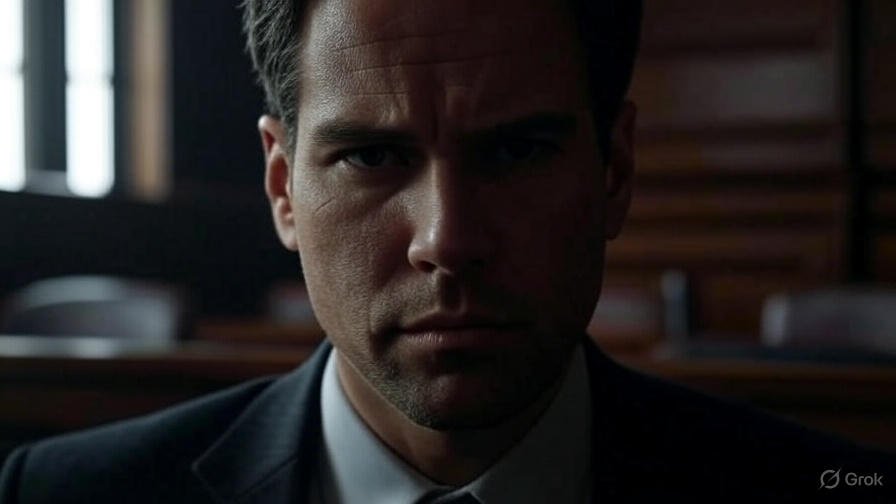The small town of Fordyce, Arkansas, continues to reel from the tragic mass shooting at the Mad Butcher grocery store on June 21, 2024. The suspect, Travis Eugene Posey, faces severe charges that have captured national attention. This news article provides a comprehensive update on the case, detailing court proceedings, charges, and the profound impact on the Fordyce community.
Who is Travis Eugene Posey?
Travis Eugene Posey, a 44-year-old resident of New Edinburg, Arkansas, is the alleged perpetrator of the Fordyce shooting. Public records indicate Posey has lived in New Edinburg since 2001, with prior residences in Kingsland and Fordyce. Known to have a minimal criminal record, Posey’s actions shocked residents of this tight-knit community. Authorities are still investigating potential motives behind the incident, which has left many seeking answers.
The Fordyce Mad Butcher Shooting: What Happened?
On June 21, 2024, a horrific mass shooting unfolded at the Mad Butcher grocery store in Fordyce, Arkansas. Travis Eugene Posey allegedly opened fire, killing four people and injuring 11 others, including two law enforcement officers. The victims ranged in age from a young mother to an 81-year-old woman, underscoring the indiscriminate nature of the attack. Posey reportedly fired multiple rounds inside and outside the store before engaging in a shootout with police. He sustained minor injuries and was apprehended at the scene, later being held at the Ouachita County Detention Center.
Legal Charges Against Travis Eugene Posey
On August 1, 2024, formal charges were filed against Travis Eugene Posey, as reported by Yahoo News. He faces four counts of capital murder and 11 counts of attempted capital murder, all classified as Class Y felonies. A conviction on the capital murder charges could result in life imprisonment without parole or the death penalty, while the attempted murder charges carry sentences of 10 years to life. Posey pleaded not guilty during his initial court appearance on June 25, 2024, and remains in custody without bond. For more details on the charges, see this Newsweek article.
Recent Court Developments
On May 21, 2025, Travis Eugene Posey appeared via video from Ouachita County Jail before Circuit Judge Spencer Singleton, as reported by South Arkansas Reckoning. Accompanied by public defender Gregg Parrish, Posey was described as having a buzz cut, grey-flecked hair, a goatee, and glasses. The hearing was a somber event, with victims’ families present, seeking justice. The court is expected to schedule further hearings to address pre-trial motions and evidence. Additional coverage of the hearing can be found in this ABC7NY report.
Community Impact and Healing Efforts
The Fordyce shooting has left an enduring scar on the community. The loss of four lives and injuries to 11 others, including law enforcement, have shaken the town’s sense of safety. Local leaders have organized vigils and counseling services to support residents. Community members have expressed gratitude for the bravery of first responders who confronted Travis Eugene Posey during the incident. Efforts are underway to restore a sense of normalcy, with initiatives focused on mental health support and community rebuilding.
Expert Insights on the Case
Dr. Sarah Mitchell, a criminologist specializing in mass shootings, notes that cases like that of Travis Eugene Posey often prompt discussions about gun control and mental health resources. “Small towns like Fordyce are particularly vulnerable to the long-term effects of such tragedies,” she explains. “Addressing root causes, such as access to mental health care, is critical to preventing future incidents.” Her insights highlight the broader implications of the case for public policy and community safety.
What’s Next for the Travis Eugene Posey Case?
The legal process is ongoing, with Posey represented by a public defender. Future hearings will likely focus on evidence presentation and witness testimonies. Given the high-profile nature of the case, it may influence discussions on gun violence prevention in Arkansas and beyond. The trial’s outcome could set a precedent for how similar cases are handled in the state.








